the feed
So What The F*ck is Photography Anyway?
Photography is the art of capturing light with a camera. Snoozefest. It's art. It's creating and capturing. It is whatever you want it to be.
Let's go with the boring definition first: Photography is the art of capturing light with a camera, usually via a digital sensor or film, to create an image. Snoozefest. It's art, man. It's creating and capturing. It is whatever it is you want it to be. Biyatch, don't kill my vibe. That's what it is.
Photography can tell a story, it can capture a moment in time, it can document, and it can be art. There are many technical uses for photography as well as social and creative ones. How we capture and how we consume photos changes almost daily which keeps it fresh and exciting!
Do I need a Fancy Camera?
Let's start with this: the gear doesn't make the photographer. Do certain features found on pro or prosumer-level cameras help to enhance a photo? Yup. Is it necessary? Nope. Can you take a bomb-ass shot with your iPhone - Oh heck yes! Your eye is more important than the camera used.
I admit, I actually enjoy pissing people off when they ask me - what's the best camera? My reply? The one you have on you when you need it. It's just the truth. Most times that ends up being my iPhone, or my GoPro (anyone say Haboob?).
So what am I getting at? If you know what to look for when taking in a view, or composing a photo, the camera you use doesn't matter all that much - not until you are getting into professional usage for your photos. Then the resolution, depth of field, sharpness, etc come into play. We will get there - keep following along.
Basic Camera Gear
What are the Bare Necessities for Photography?
Now we are stepping away from your phones for this one and leveling up. We will start with the big 3 and then check out the optional accessories.
Camera. Pick one with interchangeable lenses so that you can try out different types of photography more easily. Read reviews, but don’t obsess over them. Trust me, you will spend way too much of your hard-earned money on photography gear over the years. At least do yourself a favor, and save yourself from the stress. Pick a reputable brand, look around on Facebook or OfferUp and jump in. You can always upgrade later.
What do I use? My main camera body is the Canon EOS R5 and I absolutely love everything about it. It is incredibly feature-rich, has great ergonomics, super dependable, and checks all of my boxes as a professional shooter that needs to dabble in almost every type of photography out there. I use the Canon EOS R as my backup - the one I take backpacking because it is 1/2 the price and much lighter. For beginners, I would recommend maybe looking into the Canon EOS RP.
Lenses. For everyday photography, start with a standard zoom lens like a 24-70mm or 18-55mm. For portrait photography, pick a prime lens (one that doesn’t zoom) at 35mm, 50mm, or 85mm. For sports, go with a telephoto lens. For macro photography, get a dedicated macro lens. And so on. Lenses matter more than any other piece of equipment because they determine what photos you can take in the first place. If you want to start with one, I would recommend a 24-70mm to give you a great range to play with.
Post-Production Editing Software. It's my least favorite part, but it is part of the art. Adobe sells Lightroom and Photoshop as a bundle for $10/month, or you can buy standalone software from another company if you prefer; there are tons of options. Whatever you pick, stick with it for a while, and you’ll learn it quite well. This is where Youtube will be your best friend. Please, please, please don't start with Presets. Learn how to edit first, and then dabble with presets. Otherwise, you're robbing yourself of learning the basics and understanding what you are actually doing in the software.
Photography is the art of capturing light with a camera. Snoozefest. It's art. It's creating and capturing. It is whatever you want it to be.
Let's Call These Items Optional, Though We Know You're Going to Get it All!!
A tripod. A landscape photographer’s best friend.
Best Travel Tripod: Peak Design CF Travel Tripod
Best All Around Heavy Duty - Manfrotto MT055CXPRO4 055 Carbon Fiber 4-Section Tripod
Bags. Get a shoulder bag for street photography, a rolling bag for studio photography, a technical hiking backpack for landscape photography, and so on.
Best Backpack: Peak Design Everyday Backpack
Memory cards. Choose something in the 64-128 GB range to start. Get a fast card (measured in MB/second) if you shoot bursts of photos since your camera’s memory will clear faster.
Extra batteries. Get at least one spare battery to start, preferably two. I would NOT recommend off-brand batteries, even though they are usually way cheaper. In my experience, they don't last as long or maintain compatibility with future cameras and can actually damage your body.
Polarizing filter. This is a big one, especially for landscape photographers. Don’t get a cheap polarizer or it will harm your image quality.
My favorite: B + W Circular Polarizer Kaesemann - Xtra Slim Mount
Flash. Flashes can be expensive, and you might need to buy a separate transmitter and receiver if you want to use your flash off-camera. But for genres like portrait photography or macro photography, they’re indispensable.
My Favorite: GODOX AD200 Pro
Cleaning kit. The top item is a microfiber cloth to keep the front of your lens clean. Also, get a rocket blower to remove dust from your camera sensor more easily.
Other equipment. There are countless other photography accessories available, from remote shutter releases to GPS attachments, printers, and more. Don’t worry about these at first; you’ll realize over time if you need one.
What is Shutter Speed and How to Use it Like a Boss
Photography Basics Organization
(This will be filled in with links as I produce them) - Stay Tuned!!
Chapter 1:How Do I Use This F*cking Camera?
Chapter 2: So What The F*ck is Photography Anyway? (You are here)
Chapter 3: What is Shutter Speed and How to Use it Like a Boss
Chapter 4: Aperture
Chapter 5: ISO
Chapter 6: Composition
Chapter 7: Metering
Chapter 8: Camera Modes
Chapter 9: Focusing
Chapter 10: Flash
Chapter 11: Camera Settings
Chapter 12: How to Take Sharp Pictures
Chapter 13: Photography Tips for Beginners
Chapter 14: Photography Ideas
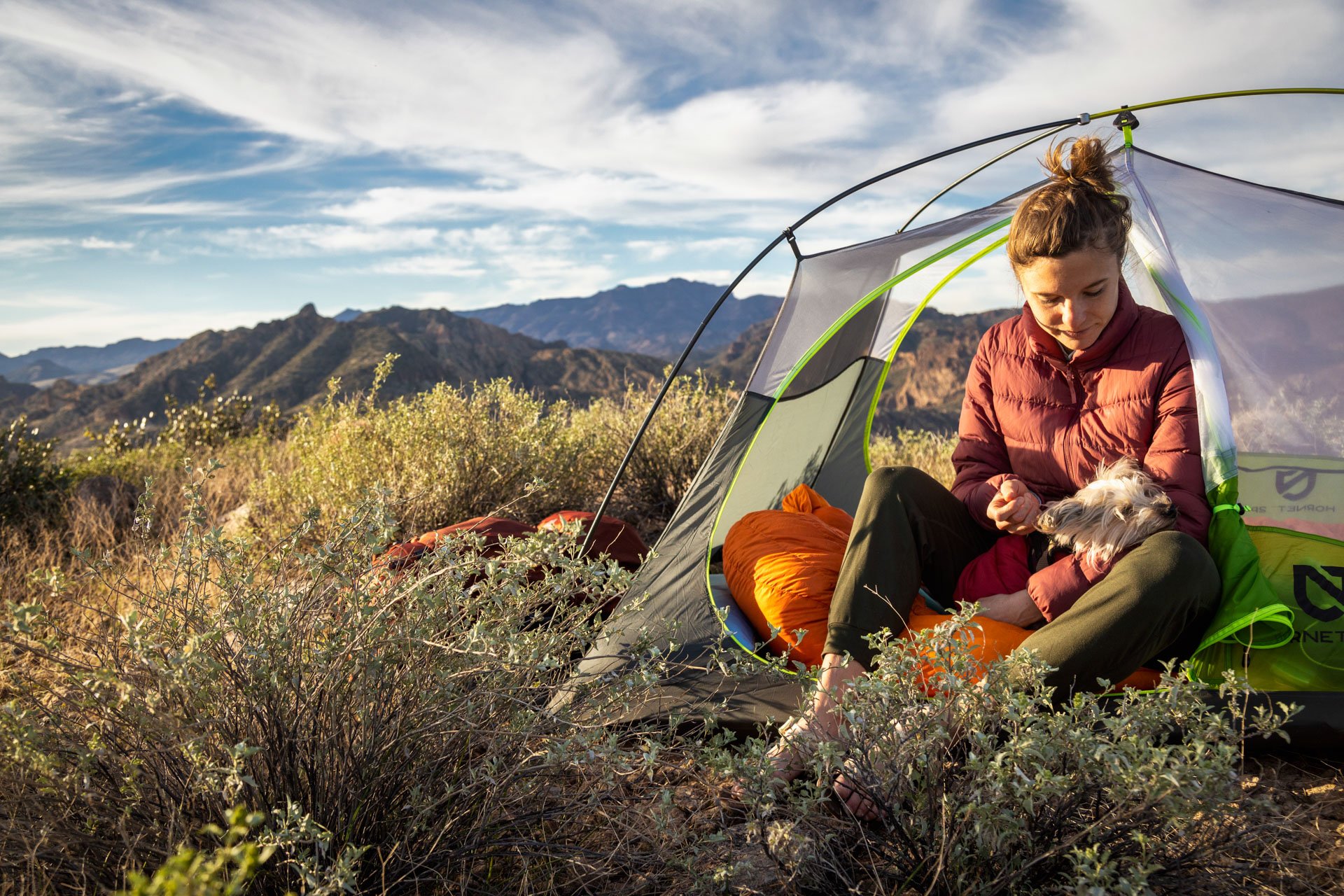
OUTDOOR
ADVENTURE
Featured Posts
HIKING
|
FLY FISHING
|
CAMPING
|
BACKPACKING
|
GEAR REVIEWS
|
HIKING | FLY FISHING | CAMPING | BACKPACKING | GEAR REVIEWS |
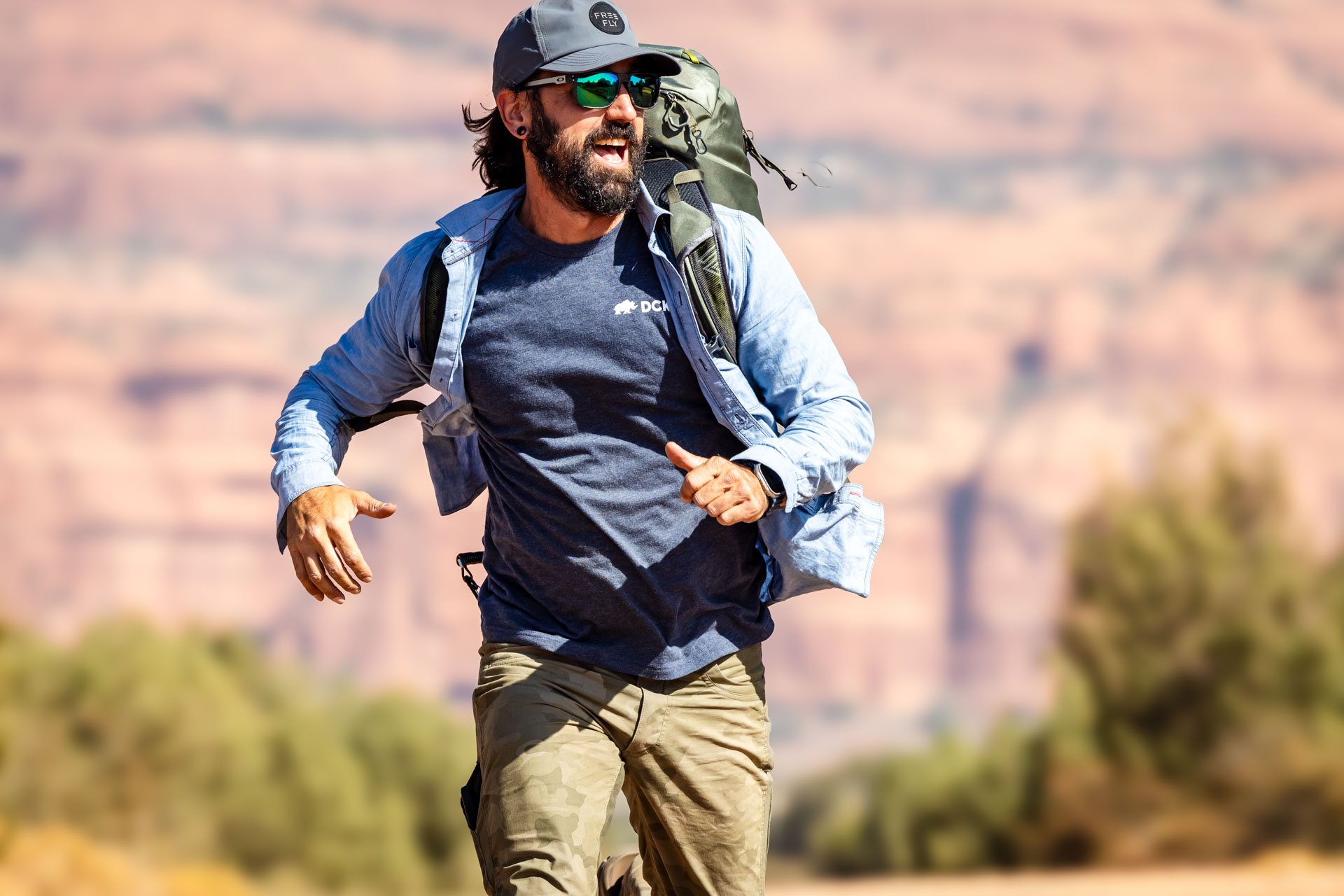
Best of
Top Clothing Brands of 2023
Discover unbeatable deals on Patagonia winter essentials at the REI Outlet sale! Get up to 40% off on jackets, parkas, and more.
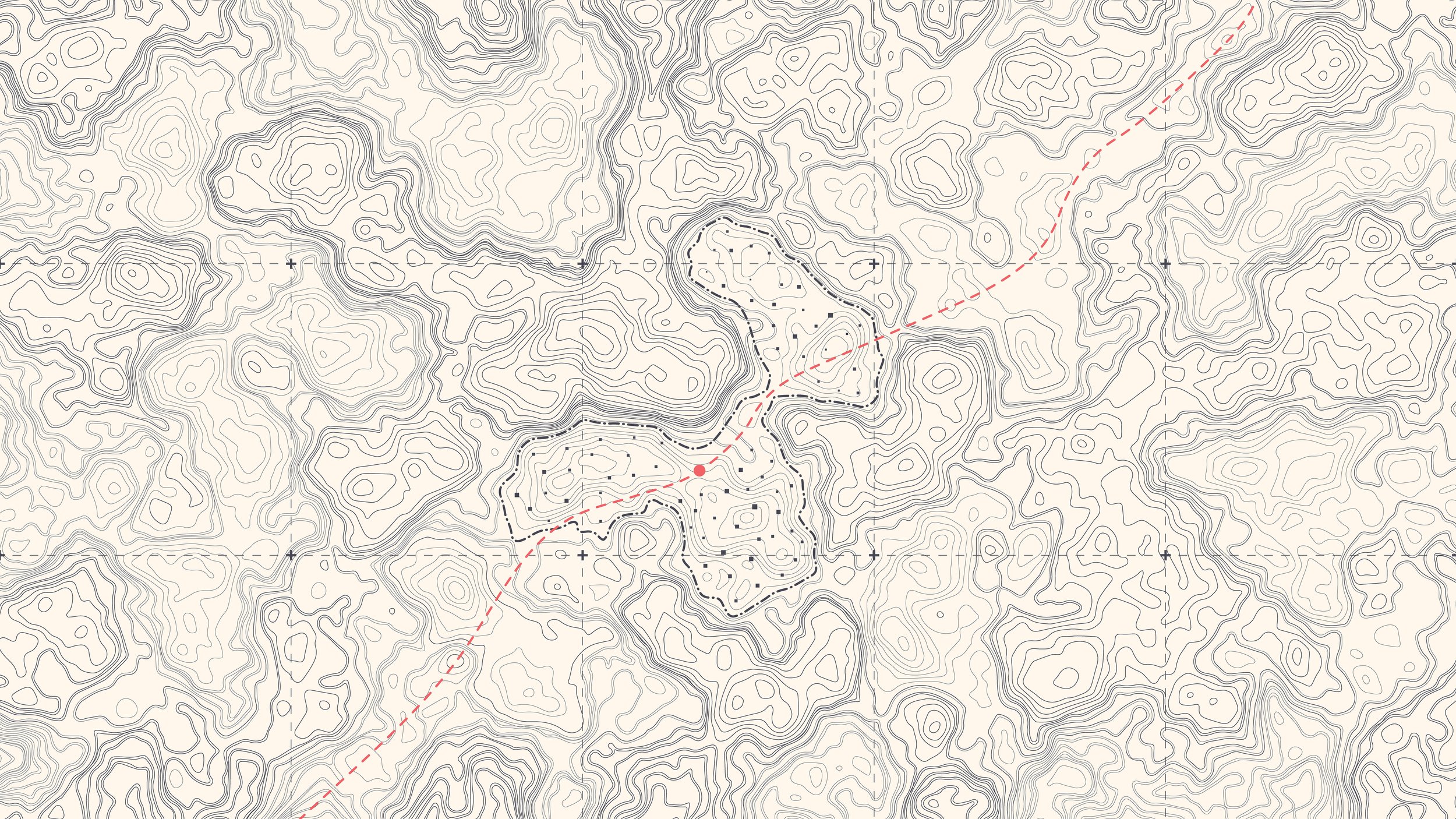
Subscribe to Our Newsletter
Sign up with your email address to receive news and updates.
Get in touch.
Just like in a hardcore round of intense pickleball, communication is key! Reach out with any questions, comments, beer recommendations, inquiries, critiques and jokes.


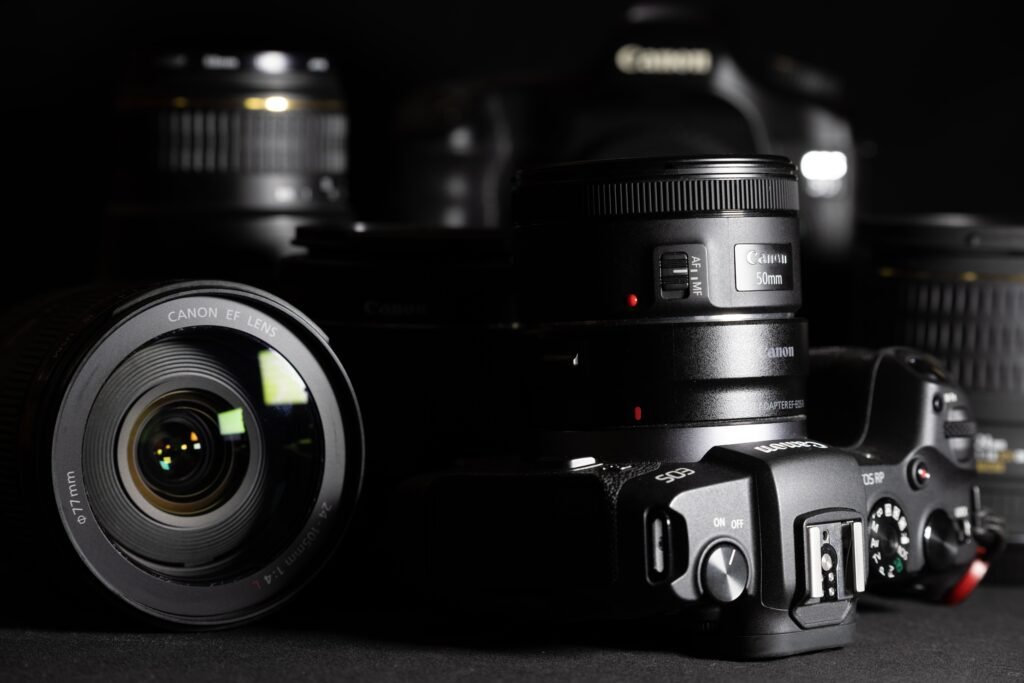
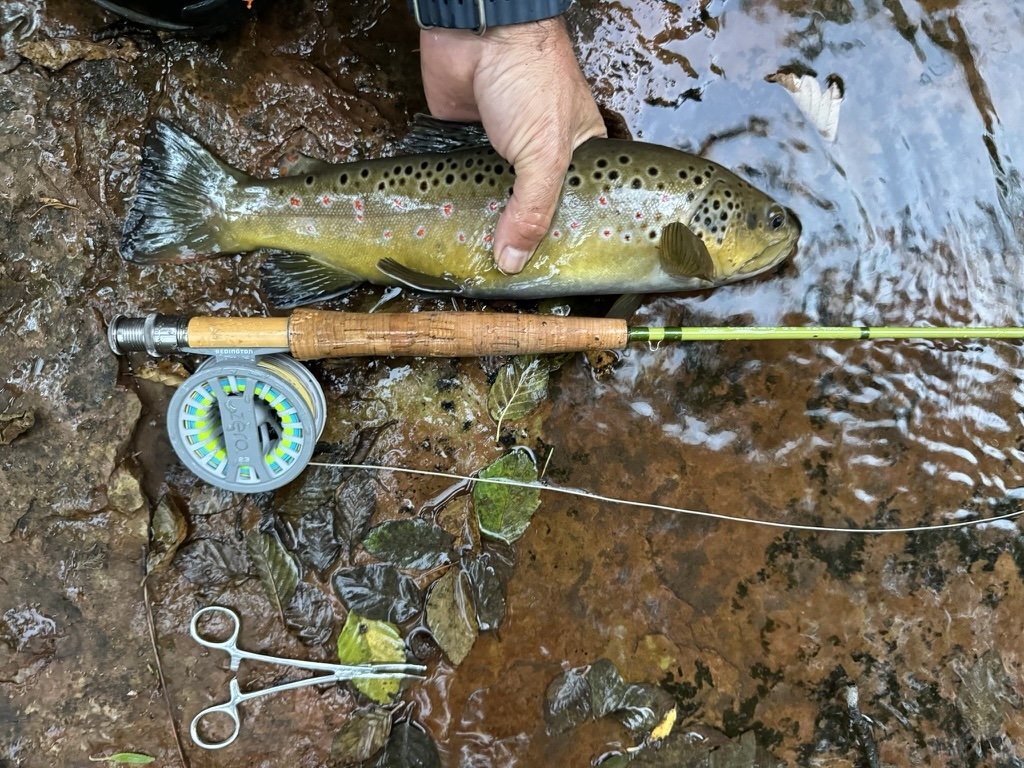

A well-equipped car camping kitchen setup makes outdoor cooking effortless. Here’s my essential gear list—powered coolers, Jetboil stoves, storage solutions, and more—to help you cook like a pro on the road.